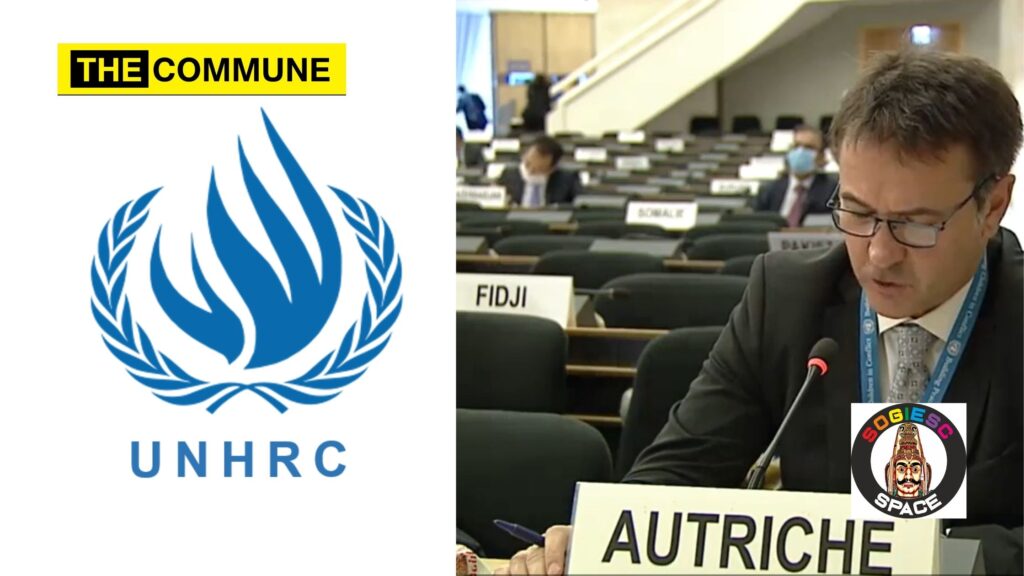Calling the attention of the United Nations Human Rights Council, Austria on behalf of countries from every region of the world issued a statement to investigate and address human rights violations and abuses against intersex persons.
“The Vienna Declaration states that human rights are universal, indivisible, interdependent and interrelated. The VDPA makes clear that “every person is born equal and has the same rights to life and welfare, education and work, living independently and active participation in all aspects of society”. However, intersex people – that is, individuals who are born with sex characteristics that do not fit the typical definition of male or female bodies – continue to face serious and widespread human rights violations and abuses”, read the joint statement.
The joint statement added that many countries in the world do medically unnecessary surgeries, hormonal treatments and other procedures on intersex persons in an attempt to change their appearance to be in line with gendered societal expectations of male and female bodies without their full and informed consent adding that they face discrimination in all areas of life, such as access to education, health, employment and sports as well as restrictions on the exercise of legal capacity and in access to remedies and justice.
“The root causes of these human rights violations and abuses include harmful stereotypes, spread of inaccurate information, stigma, taboos, and pathologization. It is high time this Council address human rights and abuses violations against intersex people and their root causes.” the joint statement read.
It also noted that the COVID19 pandemic had worsened the inequalities already faced by intersex people and called on governments to protect the autonomy of intersex adults and children and their rights to health, and to physical and mental integrity so that they live free from violence and harmful practices.
“Governments should investigate human rights violations and abuses against intersex people, ensure accountability, reverse discriminatory laws and provide victims with access to remedy. We encourage Governments to work in collaboration with intersex-led organizations in raising awareness and understanding about the human rights of intersex people”, the statement concluded.
More than 30 countries were signatories to the joint statement. India was also a signatory for this statement at the UN Human Rights Council.
Organizations working on intersex rights and awareness like – ILGA World, Intersex Asia, Intersex South Africa, OII Europe, Intersex Human Rights Australia, GATE, SIPD Uganda, and OII Chinese welcomed and called it a historic step forward.
Tamil Nadu became the first state in India to ban sex-selective surgeries on intersex infants following the landmark judgement by the Madurai Bench of the Madras High Court which was later followed by a government order thus recognizing their human right and the right to bodily integrity.

